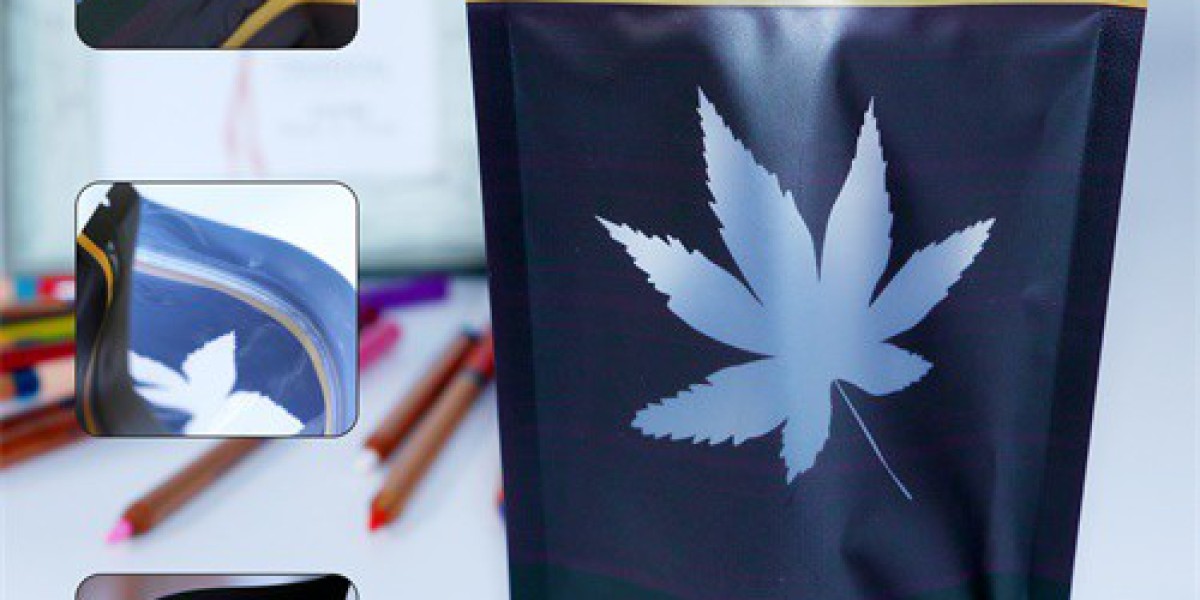Foam glass is an insulating material that has gained significant attention in recent years due to its eco-friendly properties and versatile applications. Derived from recycled glass, it is a lightweight, durable, and non-combustible material used primarily in building and industrial insulation. The Foam Glass Market has been expanding globally, driven by the growing emphasis on sustainability, energy efficiency, and stringent building codes that promote the use of environmentally friendly materials.
What is Foam Glass?
Foam glass is produced by crushing recycled glass into fine powder, mixing it with a foaming agent, and then heating it at high temperatures. During the heating process, gases are released, forming tiny, closed-cell bubbles within the material. This unique structure gives foam glass its insulating properties, making it an ideal solution for thermal insulation in a wide range of applications.
The material is non-porous, waterproof, resistant to chemicals, and does not degrade over time, which makes it particularly attractive for use in harsh environments. Foam glass is commonly available in two forms: foam glass blocks (or panels) and foam glass gravel.
Foam Glass Market Size was valued at USD 2.2 billion in 2023. The foam glass industry is projected to grow from USD 2.32 Billion in 2024 to USD 3.4 billion by 2032, exhibiting a compound annual growth rate (CAGR) of 4.88% during the forecast period (2024 - 2032).
Key Applications of Foam Glass
Foam glass is primarily used in three main sectors: building and construction, industrial, and infrastructure. Let’s take a closer look at these key areas of application.
Building and Construction: Foam glass is widely used for insulating building walls, floors, and roofs. Due to its closed-cell structure, it provides excellent thermal insulation and vapor barrier, reducing energy consumption for heating and cooling. It is especially beneficial in areas with extreme temperature fluctuations. Additionally, foam glass is non-combustible, making it an ideal fireproofing material in construction projects.
Industrial Applications: In industrial settings, foam glass is used to insulate pipes, tanks, and vessels, particularly in petrochemical plants and refineries. Its resistance to extreme temperatures, chemicals, and moisture makes it a preferred insulation material in industries dealing with hazardous or flammable materials. It prevents energy loss in high-temperature processes and maintains the stability of the insulation over extended periods.
Infrastructure Projects: Foam glass gravel is commonly used in civil engineering applications, such as roadbeds, railways, and foundations. Its lightweight yet strong structure offers stability while also reducing the load on the foundation. Additionally, foam glass gravel is used for frost protection in cold climates due to its excellent thermal insulating properties.
Market Drivers
Several key factors are driving the growth of the foam glass market globally:
Sustainability and Eco-friendly Materials: Foam glass is made from recycled glass, making it one of the most environmentally sustainable insulation materials on the market. With increasing awareness of climate change and the need to reduce carbon emissions, industries are increasingly adopting green building materials like foam glass. Its recyclability and energy efficiency align with global efforts to create sustainable infrastructure.
Energy Efficiency Regulations: Governments worldwide are implementing stringent energy efficiency regulations and building codes that promote the use of high-performance insulation materials. Foam glass offers excellent thermal insulation properties, which help reduce energy consumption in buildings and industrial facilities. This is particularly important in regions with extreme weather conditions where energy-efficient insulation is crucial.
Growth in the Construction Industry: The construction industry is experiencing robust growth, particularly in developing economies. The demand for durable and sustainable insulation materials, such as foam glass, is increasing as construction projects expand. The rise of smart and sustainable cities, as well as green building certifications, is also propelling the adoption of foam glass in construction.
Industrial Growth: The growth of the petrochemical, oil and gas, and chemical industries is another major driver of the foam glass market. Foam glass is widely used in these industries for insulating pipelines and equipment. The material's resistance to harsh chemicals and extreme temperatures makes it a valuable asset in maintaining energy efficiency and safety in industrial processes.
Emerging Trends
Innovation in Product Development: Manufacturers are focusing on developing advanced foam glass products to meet the specific needs of various industries. For example, innovations in lightweight foam glass gravel are improving the performance of civil engineering projects, while high-density foam glass blocks are being developed for applications requiring higher structural strength.
Circular Economy Initiatives: As sustainability becomes a top priority, companies are adopting circular economy principles, where waste materials are recycled and reused. Foam glass, being made from recycled glass, aligns with this trend, offering opportunities for companies to integrate circular practices into their operations.
Rising Demand in Cold Climate Regions: Foam glass’s ability to provide frost protection and its resistance to freezing and thawing cycles are increasing its demand in regions with cold climates. Countries with severe winters are seeking effective insulation materials to protect infrastructure and reduce energy costs, further boosting the market for foam glass.
Future Growth Opportunities
The foam glass market is poised for substantial growth in the coming years, driven by several factors:
Infrastructure Development in Emerging Economies: Emerging economies in Asia-Pacific, Latin America, and Africa are experiencing rapid urbanization and infrastructure development. These regions present significant growth opportunities for foam glass manufacturers, as governments invest in sustainable and energy-efficient construction projects.
Focus on Sustainable Building Solutions: With the increasing focus on green buildings and sustainable infrastructure, the demand for foam glass as an eco-friendly insulation solution is expected to grow. Foam glass’s non-toxic, fire-resistant, and energy-efficient properties make it an attractive choice for architects, builders, and industrial players looking to reduce their environmental impact.
Technological Advancements: Ongoing research and development in foam glass production techniques are expected to enhance product performance and reduce production costs. This will further boost the adoption of foam glass in various industries and expand its market share globally.
MRFR recognizes the following Foam Glass Companies - Haohua Junhua Group Co Ltd.(China),OCI Nitrogen (Netherlands),BASF SE (Germany),Prefere Resins Holding GmbH,Xinji JiuYuan chemical industry Co., Ltd,OCI Nitrogen,Cornerstone Chemical Company (U.S.),Qatar Foam Glass Company (Qatar),Sichuan Golden Elephant Chemical (China),Mitsui Chemicals Inc. (Japan),Nissan Chemical Industries. LTD. (Japan),Methanol Holdings (Trinidad) Limited (U.S.),Borealis AG (Austria), among others
The foam glass market is expanding rapidly due to its environmental benefits, durability, and excellent insulation properties. As industries and governments continue to prioritize sustainability and energy efficiency, foam glass is set to play a pivotal role in the future of construction, industrial insulation, and infrastructure development. With ongoing innovation and increasing awareness of its benefits, the market is expected to witness significant growth in the coming years.
Related Reports:
Bitumen Emulsifiers Market - https://www.marketresearchfuture.com/reports/bitumen-emulsifiers-market-5128
Solar Control Window Films Market - https://www.marketresearchfuture.com/reports/solar-control-window-films-market-5789
Stearic Acid Market - https://www.marketresearchfuture.com/reports/stearic-acid-market-5867
Smart Coatings Market - https://www.marketresearchfuture.com/reports/smart-coating-market-2254
Polyphenylene Oxide (PPO) Market - https://www.marketresearchfuture.com/reports/polyphenylene-oxide-market-4924



